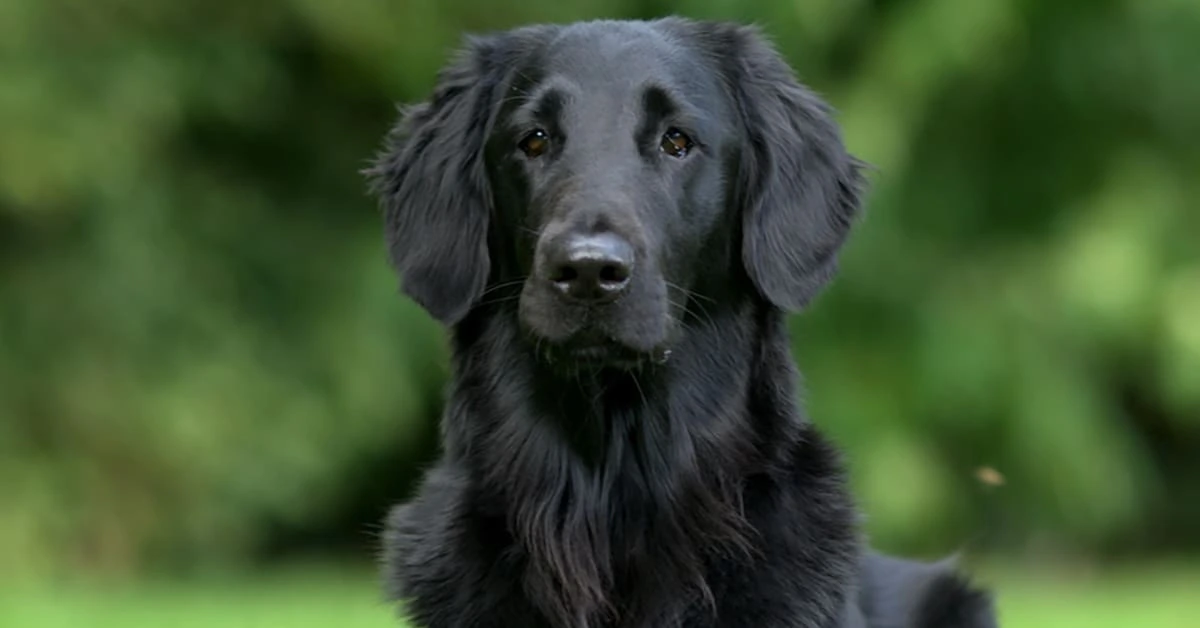Golden Retrievers are famous for their golden fur, which ranges from light cream to deep dark gold. Many dog enthusiasts wonder if Golden Retrievers can exist in black. The answer lies in the genetics of coat colors and the breed standards that define Golden Retrievers.
1. The Typical Golden Retriever Coat
Golden Retrievers are recognized in a variety of golden shades, from light cream to rich dark gold.
Breed Standards
-
Major kennel clubs, including the American Kennel Club (AKC), recognize only golden shades as standard.
-
Black is not an accepted color in purebred Golden Retrievers.
-
Coat color standards also determine eligibility for shows and competitions.
2. The Genetics Behind Coat Color
The genetic makeup of a dog determines coat color. In Golden Retrievers, specific genes interact to produce their signature golden coats.
Recessive and Dominant Genes
-
The golden color comes from the interaction of dominant and recessive genes.
-
Purebred Golden Retrievers lack the genetic material needed to produce black coats.
The Role of Other Breeds
-
If a Golden Retriever produces black puppies, it usually indicates crossbreeding with breeds such as Labrador Retrievers or Flat-Coated Retrievers.
-
Crossbreeding introduces genetic material responsible for black coats.
3. How Black Coats Appear in Retrievers
Although purebred Golden Retrievers cannot be black, mixed-breed offspring may display this coat color.
-
Mixed breeding: Golden Retrievers crossed with black-coated dogs, such as Labradors, may produce black puppies.
-
Genetic mutations: Rare mutations can create unusual colors, but these are not recognized within breed standards.
-
Misidentification: Some dogs are mistaken for Golden Retrievers due to similar features but are actually different breeds or mixes.
4. The Importance of Responsible Breeding
Encountering a “black Golden Retriever” usually means the dog is mixed. Responsible breeding helps protect breed standards and health.
Health Testing
-
Reputable breeders perform screenings to reduce risks of inherited diseases such as hip dysplasia and heart problems.
Breed Standards
-
Trustworthy breeders follow official standards and provide transparency about a dog’s ancestry.
Adoption Considerations
-
Prospective owners can also find Golden Retrievers and mixes through shelters or retriever rescues.
5. The Appeal of Golden Retrievers
Golden Retrievers are one of the most popular family dogs, valued for their appearance and temperament.
Temperament and Personality
-
Friendly, intelligent, and gentle, making them excellent family pets, therapy dogs, and service animals.
Physical Activity
-
Golden Retrievers require daily exercise and mental stimulation.
-
They thrive with active families who enjoy outdoor activities such as hiking, swimming, and fetch.
Conclusion
Purebred Golden Retrievers do not come in black. Their recognized colors range only from light cream to dark gold. A black-coated retriever is almost always the result of crossbreeding.
Choosing a reputable breeder ensures adherence to breed standards and helps secure a healthy, well-tempered dog.
Takeaway Tips
-
Ask about a dog’s ancestry if it does not match breed standards.
-
Select breeders who focus on health and ethical practices.
-
Learn the typical traits and coat colors of Golden Retrievers to understand the breed better.
-
Explore shelters and rescues, which often have both purebred and mixed retrievers available for adoption.
Fun Fact About Golden Retrievers
Golden Retrievers were first developed in Scotland in the mid-19th century for retrieving game during hunts. Their name reflects both their golden fur and their exceptional retrieving abilities. Today, they remain beloved for their intelligence, loyalty, and gentle nature.


